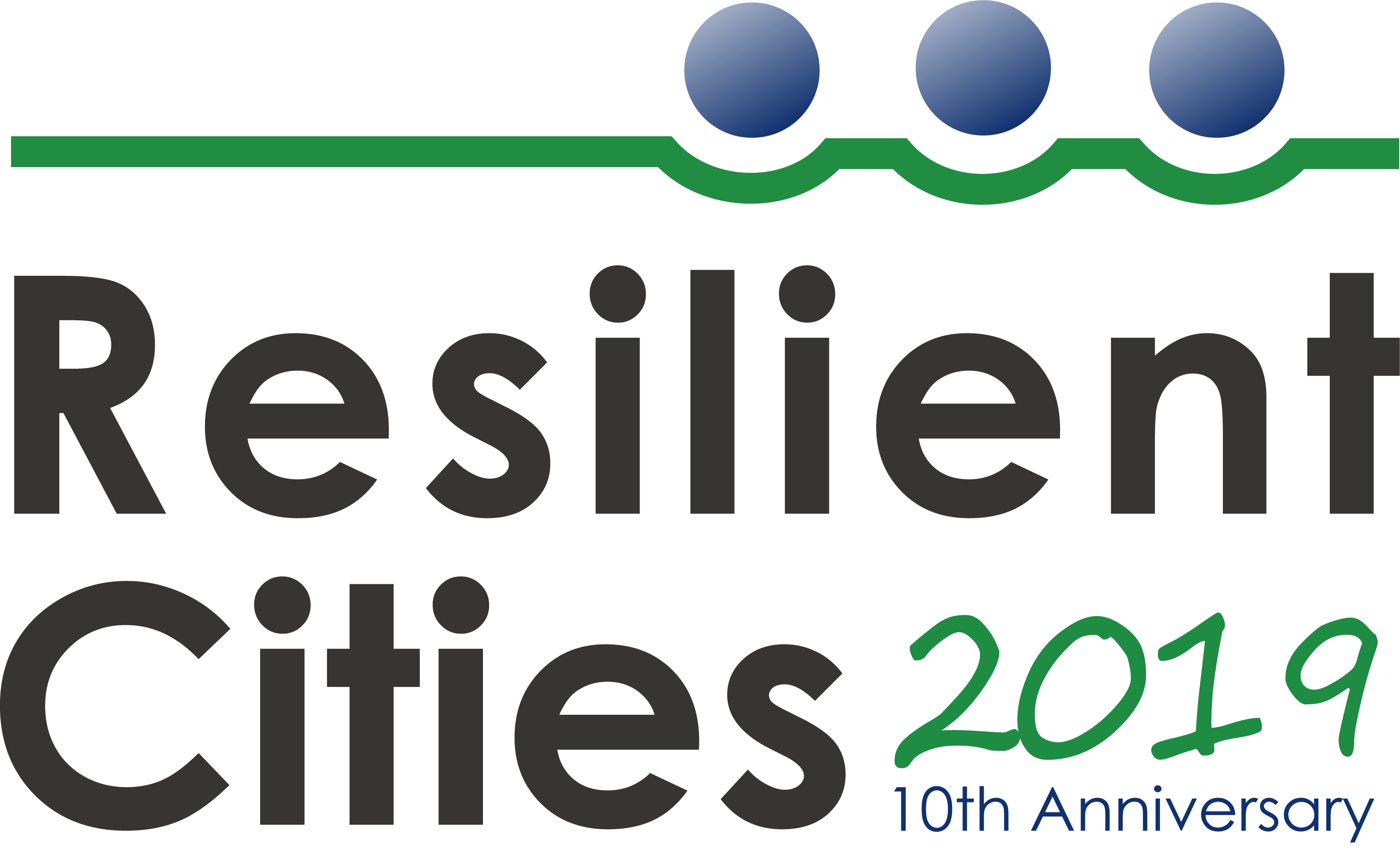Nature-based Solutions
Nature-based Solutions (NbS) highlight the importance of biodiversity conservation for physical and social resilience, addressing challenges like food security, climate change, water security, human health, disaster risk, social and economic development.
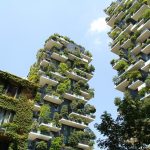
Resilient constructions with Nature-based Solutions and restoration strategies (Session I1)
Quality of life in urban areas is already compromised by air, water and noise pollution. Urban planners are increasingly searching for construction, infrastructure and building solutions connected to nature, while also leveraging on culture and identity. Some of these include hybrid infrastructure solutions that integrate natural elements into design and planning; resource efficiency and circular buildings; restoration of heritage sites through low impact interventions; or exploration of resilient floating architecture in hostile water spaces while minimizing the environmental impact.
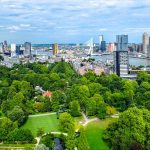
NbS to increase local resilience globally (Session H1)
Five countries on 5 continents are all leaders in reinventing the city through NBS in their own broader context. By looking the cases together we will try to assess whether re-naturing cities have truly gone global and what that means for global ambitions such as the SDGs. We will go deep into what drives these cities to embrace the urban nature agenda, what is their recipe for success, and where do they go next?
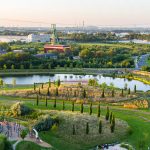
City of Essen (Site Visit)
Being Green Capital of Europe 2017, the city of Essen became a blueprint for the transformation of a city in the heart of the Ruhr metropolis. The times of industrialization with expansive coal mining and steel production have given face and significance to this region, and the Ruhr area has thus become home to over 5 million people today. In a landscape, that 200 years ago was home to wild horses and farmers, these driving forces have created a metropolitan region, which is today the third biggest agglomeration of central Europe.

Resilient infrastructure for urban informality (Session J1)
Around 93% of employment in the informal sector is in emerging and developing countries. The prevalence of informality, in forms broader than just employment, has multiple adverse effects on people, especially women and children, in cities around the world. Informality is therefore an important consideration when it comes to sustainability and urban planning. Innovative, resource efficient, accessible and low cost solutions are required for people to meet their basic needs.
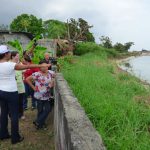
Building inclusive multi-stakeholder and bankable flood resilience in cities (Session A5)
Throughout the world, cities are facing many challenges linking climate, urbanization and ecosystems. From the Philippines to Indonesia to India and Panama, understanding the complexity and catalyzing multi-sectorial resilience building efforts that incorporate ecosystems requires approaches that involves all actors from the beginning. By bringing these actors together to tackle complex challenges, cities can build climate resilience and reap the co-benefits for prosperous and healthy urban habitats.

City experience meets integrated planning for resilience, with launch of the global UrbanByNature programme (Session B3)
The global UrbanByNature programme, developed through the Connecting Nature project by ICLEI Europe and DRIFT, will bring aspiring urban nature pioneers together in facilitated capacity-building webinars and workshops over a year, enabling participants from local governments to develop a nature-based action plan through an integrated planning approach.
